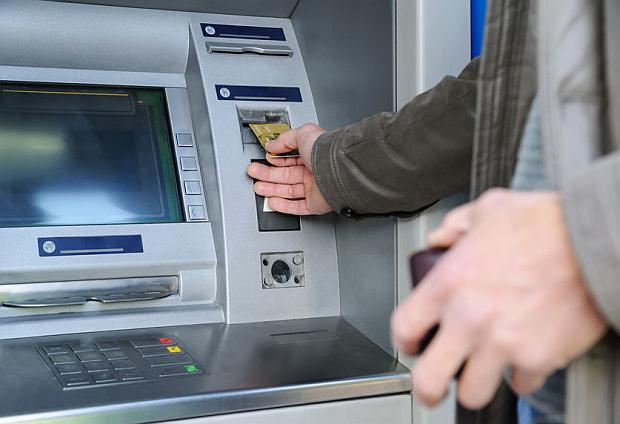
INQUIRER.net stock photo
MANILA, Philippines–The cap on fees that banks could charge on cash machine transactions imposed in 2013 — and lifted earlier this year by regulators — has led to the country falling behind its Asean peers in terms of the number of ATMs deployed, according to the association of the Philippines’ largest financial institutions.
In a press statement, the Bankers Association of the Philippines (BAP), the lead organization of universal and commercial banks in the Philippines, reported that local automated teller machine density in the Philippines stood only at half compared to other Asean countries.
The group said the moratorium on ATM transaction fees since 2013 has held back banks optimal performance in servicing and expanding their reach.
“The number of cardholders has been increasing for the past six years,” BAP managing director Benjamin Castillo said. “Banks need to keep up with the maintenance and innovation of ATMs, as well as expansion of ATM network to accommodate the surge of ATM usage.”
The bankers group estimates that only 21,000 ATMs service 58 million cardholders nationwide, which is equivalent to 20 ATMs per capita of 100,000 cardholders. Meanwhile, Thailand has 94, Singapore has 49, Malaysia has 45, and Indonesia has 40 ATMs per capita of 100,000 cardholders, respectively.
Annual growth rate in ATM deployments averaged at 13 percent prior to 2013, but since then declined to 6.4 percent, while ATM transaction volume continued to increase from 2014 up to the present.
The BAP shared that apart from the physical ATM deployments, there are other expenses that banks incur from operational activities such as loading, servicing, complaints handling, reconciliation, software, capacity expansion and security.
BAP said that as some banks apply for adjustments in ATM transaction fees through the Bangko Sentral ng Pilipinas, whether to increase or decrease fees, the BSP has the mandate to ensure that the costs are reasonable and beneficial to the banking public.
“We would like to assure the banking public of our commitment to serving them,” Castillo said. “We will collaborate with the regulators to ensure that ATM fees remain market-driven and reasonable, while continuing to provide convenience and security to the banking public.”
The BAP also shared that the increase in ATM transaction fees for some banks will let them set up more ATMs in remote areas, enabling them to reach and to serve more banking clients, in line with the BSP’s financial inclusion initiatives.